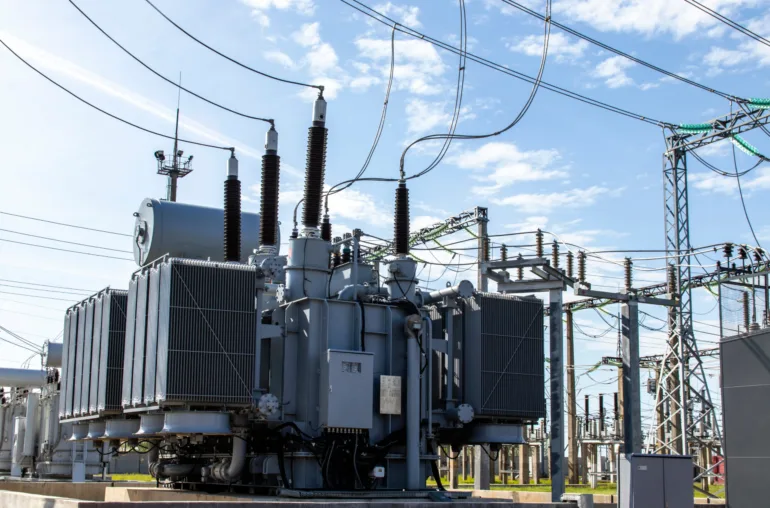The Enugu State Electricity Regulatory Commission (EERC) has issued a new tariff order reducing electricity rates for Band A customers of MainPower Electricity Distribution Limited from N209/kWh to N160/kWh, effective August 1, 2025.
MainPower, the successor to the Enugu Electricity Distribution Company (EEDC), assumed operations after Enugu State received approval from the Nigerian Electricity Regulatory Commission (NERC) to independently manage its electricity market.
The tariff reduction was outlined in EERC Order No. EERC/2025/003, titled “Tariff Order for MainPower Electricity Distribution Limited 2025”, issued by the state commission on Sunday.
According to the EERC, the revised rate is cost-reflective and takes into account the Federal Government’s continued subsidy on electricity generation, which has helped ease the cost burden on consumers.
“This decision is based on a thorough analysis of MainPower’s cost structure using our Tariff Methodology Regulations 2024 and Distribution Tariff Model,” said EERC Chairman, Chijioke Okonkwo. “The resulting average cost-reflective tariff is N94/kWh, largely due to the Federal Government’s generation subsidy, which covers a significant portion of actual production costs.”
Okonkwo explained that the generation cost stands at N112/kWh, but the government pays N67 of that through a subsidy, leaving consumers to cover only N45. This has enabled Enugu to maintain a lower Band A tariff of N160/kWh, while tariffs for Bands B, C, D, and E remain frozen. He added that the N160 Band A tariff helps MainPower manage rate shocks and stabilise its finances, especially as the distribution market transitions into cost-reflective pricing. Importantly, he noted, this pricing structure requires no state subsidy.
The tariff order is grounded in the Enugu State Electricity Law, 2023, which empowers the EERC to regulate power generation, transmission, and distribution within the state. The law aligns with the 2023 Constitutional Amendment and the Electricity Act, 2023, both of which decentralised Nigeria’s electricity governance, allowing states to run their own power markets.
These legal reforms repealed the Electric Power Sector Reform Act, 2005, and introduced significant structural changes, including the separation of distribution and supply operations.
To ensure customers receive value for money, the EERC has mandated strict monitoring and accountability measures for MainPower’s operations. The utility is required to publish a rolling seven-day average of daily power supply hours for each Band A feeder by 9 a.m. daily on its website. If MainPower fails to meet the committed service level for two consecutive days, it must report the incident to the EERC within 24 hours. If the service level is not met for seven consecutive days, the affected feeder will be automatically downgraded to reflect actual supply performance.
“We are committed to ensuring that consumers don’t pay more for less,” the commission stated.
While the current Band A tariff in Enugu is supported by federal subsidies, Okonkwo warned that any removal of these subsidies could lead to higher tariffs in the future. “This new rate of N160 may be difficult to sustain if the Federal Government removes its generation subsidy,” he noted. “But until then, Ndi Enugu—especially Band A customers—will benefit from the reduced tariff.”
It is worth noting that the Federal Government officially removed subsidies for Band A customers on April 1, 2024, according to the Nigerian Electricity Regulatory Commission (NERC). However, the EERC’s cost models appear to still factor in some level of federal support to cushion tariff shocks.


